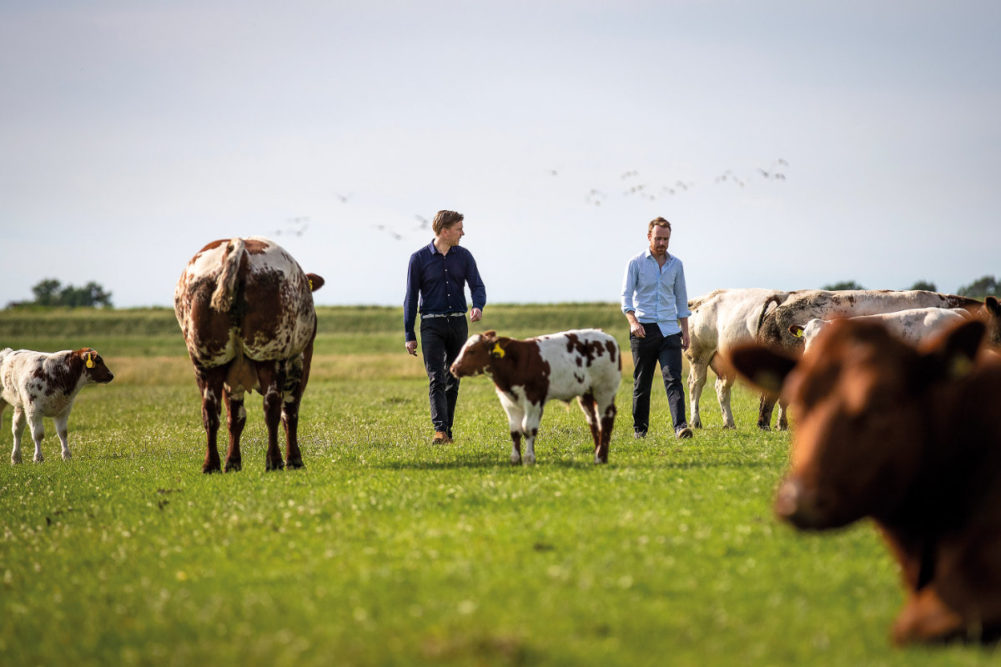AMSTERDAM – With a goal of making cultured meat products more affordable and more easily scalable, cultivated meat startup, Meatable, announced on Sept. 13 its partnership with Royal DSM. The companies are focused on making the development of growth media for its products more affordable as this is currently the costliest component in the creation of cultured meat products. According to the company, between 50% and 90% of production cost of cultured meat creation goes toward growth media, which is the liquid that contains the essential nutrients required to grow the cells from hair or tissue of livestock.
This is not the first time the two companies have collaborated, as Royal DSM’s venture capital branch, DSM Venturing, was part of the consortium that recently funded Meatable’s efforts to raise $47 million in venture capital. The potential market for cultured meat is estimated to top $1 trillion, according to Meatable.
‘’Protein is an essential part of a balanced diet and vital for good health. Yet its production has a big environmental footprint,” said Wim Klop, vice president of the DSM Biotechnology Center. With the world population expected to grow to 10 billion people by 2050, a wide variety of solutions for more sustainable proteins will be needed.
“With this joint development agreement DSM will contribute its unique competencies in biotechnology, such as fermentation, analysis and production scale-up to help make the science of cultivated meat a reality,” he said.
The two companies also are committed to enhancing the taste and texture of cultivated meat products to more closely duplicate traditionally produced meat to appeal to more consumers.
“Joining forces with DSM, a global leader in biotechnology, will accelerate our research and development trajectory significantly,” said Krijn de Nood, chief executive officer of Meatable, who co-founded the company in 2018 with Daan Luining and Mark Kotter PhD, using its proprietary opti-ox technology. “Together, we aim to develop the right nutritional ingredients in a fundamentally more cost-effective and scalable process, to become the leading consumer choice for cultivated meat.”
He added that the technology addresses the projected global population surge as well as animal welfare issues.
“With traditional animal farming alone, we will not be able to meet the growing demand for meat worldwide; we need breakthrough solutions. Cultivated meat has the potential to provide the growing world population with the protein source many people love – meat – using an efficient and sustainable production process that respects animal health and welfare,” de Nood said.


